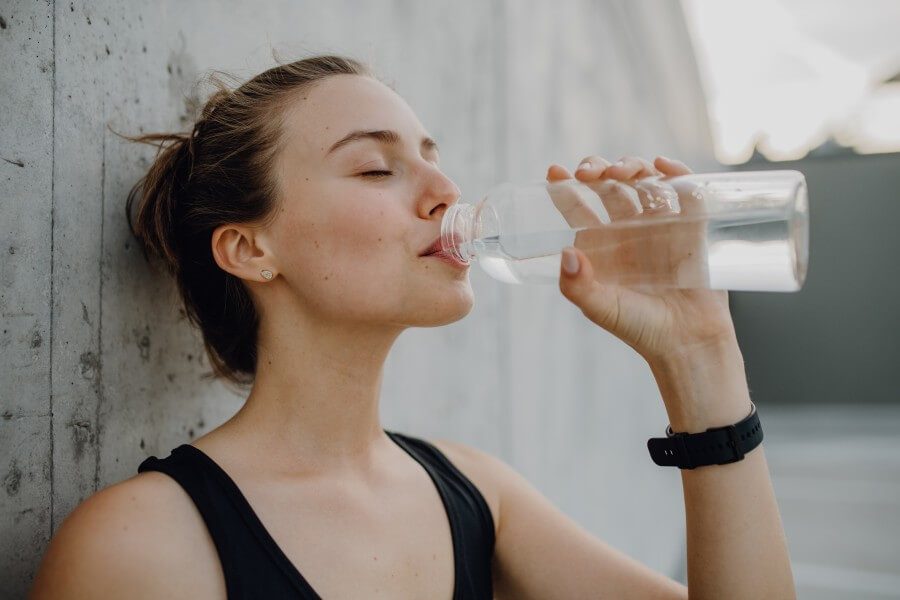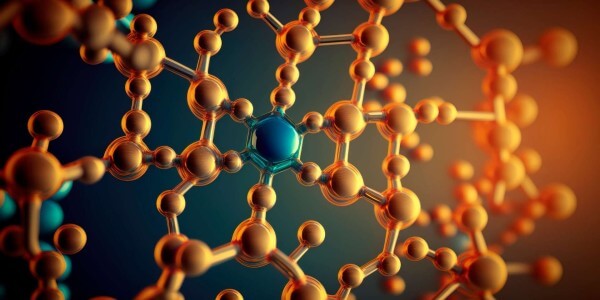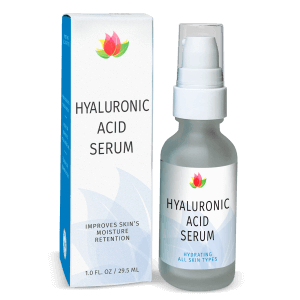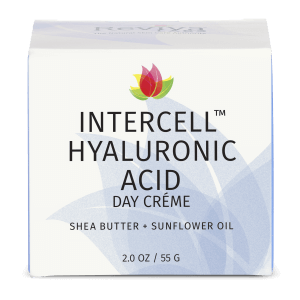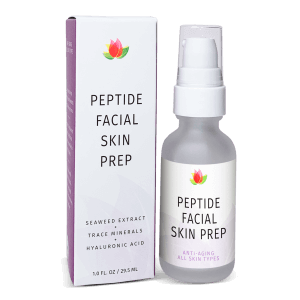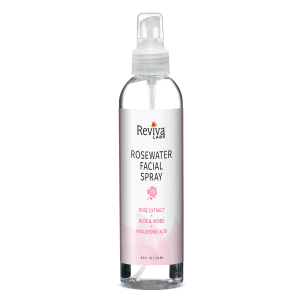Natural, Reviva Labs, Skin Care
Does Drinking More Water Help You Achieve Glowing Skin?
The human skin is an impressive organ, serving as our body’s main protective barrier while also reflecting our health and age. One popular belief that’s gained traction in recent years is the idea that drinking more water can give you glowing, youthful skin. Let’s explore the science behind this claim and provide some perspective on the matter.
Our Skin is a Complex Organ with Multiple Layers
Our skin is composed of three main layers: the epidermis (the outermost layer), the dermis (middle layer), and the subcutaneous fat layer (bottom layer). The epidermis is further divided into several layers, with the stratum corneum being top layer. This layer acts as a sturdy shield, preventing harmful substances from entering our body while also minimizing water loss, thus playing a vital role in skin hydration.
The Myth of Drinking Water for Younger-Looking Skin
The myth that drinking substantial amounts of water can eliminate wrinkles, reduce pore size, and offer other anti-aging benefits has perpetuated over the years. However, dermatology experts agree, while water is crucial for overall health, it doesn’t necessarily translate into younger-looking skin unless you’re severely dehydrated.
Drinking more water won’t directly plump up your skin or get rid of wrinkles. However, staying hydrated can improve your skin’s overall health. When skin is dehydrated, it becomes less resilient, and it doesn’t elastically spring back. Rehydrating can help restore some of this elasticity, making your skin appear healthier.
The Research on Water Intake and Skin Health
There isn’t a wealth of scientific studies investigating the connection between water intake and skin health. In a small pilot study, researchers compared the effects of drinking different types of water (mineral or tap) on skin health. They discovered that drinking around 2.25 liters (9.5 cups) of water daily for a month had a limited effect on skin health. Though it was predominantly beneficial in individuals who previously did not consume a lot of water. In the end though, the results were mixed and inconclusive.
While drinking sufficient water is essential for good health, its impact on reducing wrinkles and enhancing skin appearance is limited. Instead, a healthy lifestyle that includes proper nutrition, adequate sleep, regular exercise, and avoiding harmful habits like smoking and excessive alcohol consumption is more effective in maintaining youthful, glowing skin.
The Role of Water in Skin Health
While drinking additional water beyond the recommended daily intake may not directly lead to younger-looking skin, it does play several crucial roles in maintaining skin health:
1. Weight Loss: Drinking water throughout the day can help control your appetite, reducing the chances of overeating and aiding in weight loss. This is particularly effective when combined with regular physical exercise.
2. Keeping Skin Hydrated: Staying hydrated helps maintain skin elasticity and reduces dryness, which is crucial for a healthy, youthful appearance.
3. Oral Health: Regular water intake enhances saliva production, which is essential for oral health. It also helps flush out food particles and reduces the risk of dental diseases.
4. Enhancing Skin Glow: Drinking sufficient water ensures your skin cells receive essential nutrients, keeping your skin revitalized and glowing. It also improves skin hydration levels, reducing the occurrence of dry and flaky skin.
5. Maintaining Overall Health: By flushing out toxins, water keeps your digestive system and metabolism functioning smoothly, which indirectly contributes to healthier skin.
6. Reducing Swelling: Adequate hydration helps manage water retention in the body, which can lead to swelling.
7. Combatting Itchy Skin: Drinking enough water can help alleviate dry and itchy skin, especially during colder months.
8. Helping Manage Acne and Pimples: Water helps flush out toxins that can lead to breakouts, providing potential relief from acne and pimples.
9. Preventing Skin Rashes: Staying hydrated helps prevent skin rashes caused by overheating, since water helps regulate body temperature.
10. Balancing pH Levels: Water can play a crucial role in maintaining the body’s pH balance, which is beneficial for one’s overall health.
Hydrating for Healthy Skin: Tips and Tricks
While drinking water is vital, there are other ways you can enhance your skin’s hydration levels:
- Include water-rich foods in your diet, such as cucumbers, watermelon, and strawberries.
- Limit the consumption of alcohol and sugary treats, as they can dehydrate your skin and accelerate the aging process.
- Use skincare products with humectants like hyaluronic acid and glycerin, which can absorb water and help retain moisture in the skin.
- Exfoliate your skin regularly to remove dead skin cells, allowing skincare products to penetrate more effectively.
- Use a good serum after exfoliation, which can assist in the hydration process.
- Use a humidifier at home, especially during dry months, to add more moisture to the air and indirectly hydrate your skin.
- Optimize your shower routine. Avoid hot showers or washing your face with hot water, as it can strip your skin of its natural oils. Instead, use lukewarm water, and moisturize immediately after showering to lock in the moisture.
In conclusion, while drinking more water might not directly result in younger-looking skin, staying hydrated is crucial for overall skin health. The best course of action is to combine adequate water intake with a balanced diet, a good skincare routine, and a healthy lifestyle. This combination is more likely to contribute to achieving and maintaining glowing, healthy skin.



